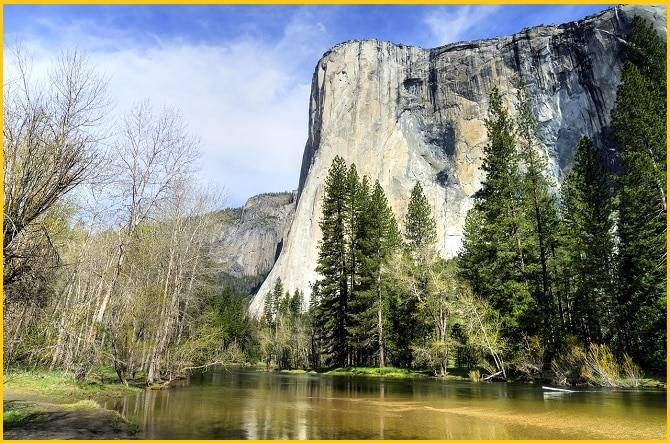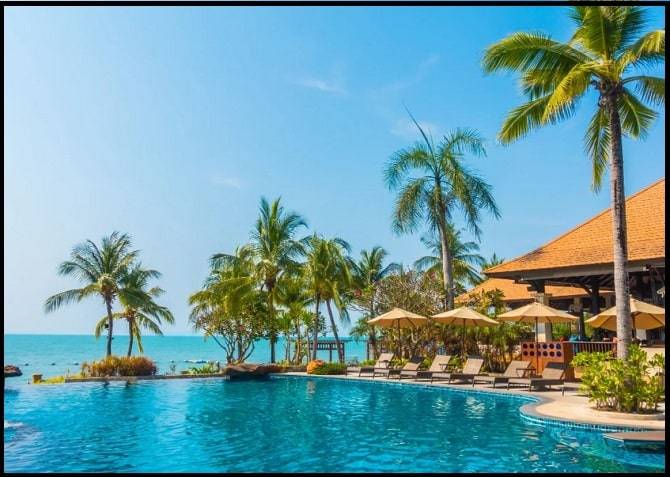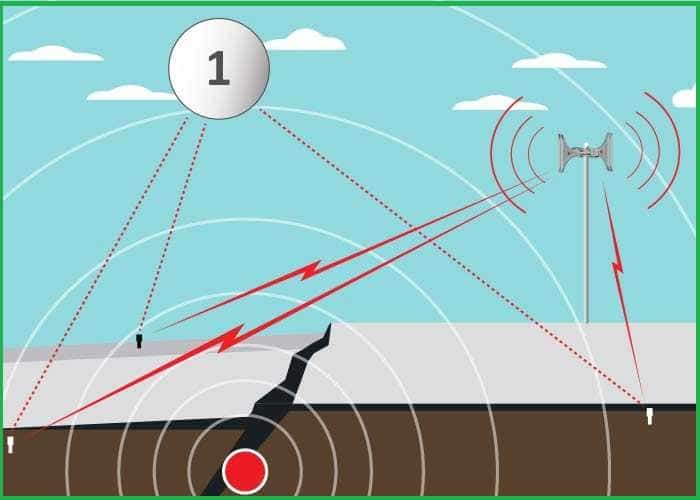
The Shortest Town Names
Yes, some of the shortest town names in the world consist of just one letter. These unique names can often be found in various languages, and they usually stem from historical, geographical, or linguistic reasons.
Examples of One-Letter Town Names:
Å (Norway, Sweden, and Denmark)
In Scandinavia, Å means “stream” or “river” in several Nordic languages. These places are often named after nearby waterways. Å is the name of small villages in Denmark, Sweden, and Norway. In Norway, the village of Å is located along the southern end of the Lofoten archipelago, where the European highway E10 passes through. This quaint village is home to the Lofoten Stockfish Museum and the Norwegian Fishing Village Museum.
O (Devon)
O is a tributary of the River Dart in Devon, located in southeast England. It flows through the Dartmoor region and was originally named Ocbroke or Wo, meaning “crooked” or “twisted” in English. According to folklore, the valley through which the O flows was once home to a dragon.
Y (France)
There is a city named Y which is located 100 miles north of Paris in France. It is the French equivalent of a local district. This small town is found on the banks of the Somme River. There are large military mines near Y and hosts a ravine cemetery that has graves of over 400 soldiers. There is also another town in Alaska known as Y. It is named Y because of the nearby Y-shaped intersection of George Parks and Talkeetna Road.

D (Oregon)
The D River, located in Lincoln City, Oregon, USA, was once recognized as the world’s shortest river at 130 meters until the Roe River claimed the title in 1989. Originating from Devils Lake, the D River flows into the Pacific Ocean, entirely within the boundaries of Lincoln City, and runs alongside U.S. Route 101.
Why One-Letter Names Exist
Language Roots: These names often derive from ancient languages where single letters represented concepts, natural features, or simple designations.
Preservation: Some of these names have been preserved through centuries of linguistic and cultural shifts.
Ease of Use: Short names were practical for smaller communities or less complex geographical features.
Would you like to know more about any of these places?






